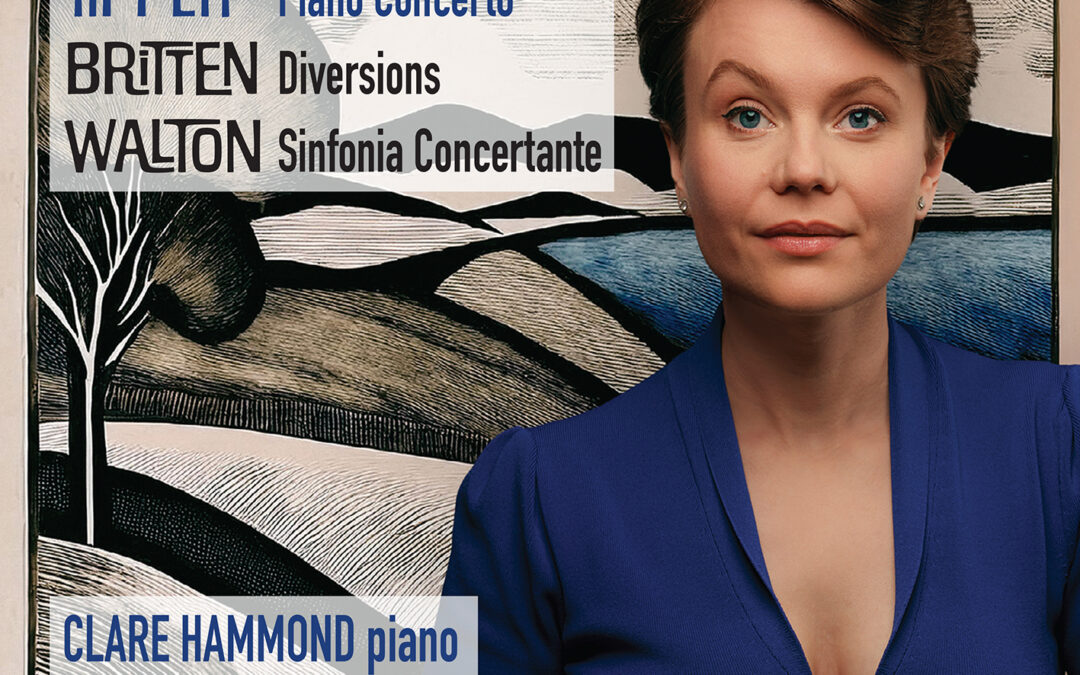BBC Symphony Orchestra
George Vass conductor
Clare Hammond piano
BIS-2604
In 1943 Walton revised his 1927 Sinfonia Concertante, reducing the orchestra and simplifying the piano part. I must confess to preferring the original which seems to have more meat on its bones. Still, it is a fun work, full of excitement and optimism.
The first and last movements have an exciting Stravinsky-inspired rhythmic vitality and some exhilarating tunes. The central nocturne is a lovely a thing as Walton ever wrote. The performers here, in wonderful sound, give it a good shot, if a tad on the slow side.
Britten’s Diversions was written for pianist Paul Wittgenstein, one of many works the fabulously wealthy pianist commissioned, the most famous being Ravel’s concerto. Unlike that work Britten makes no effort to conjure up two hands playing. It is an ingenious set of variations on a majestic theme based on open fifths heard at the beginning. There is some ravishing writing in it, and I much prefer it to his ostentatious concerto. Dr Hammond completed her PhD on this and the Ravel, and she brings a wonderful thoughtfulness to the performance. George Vass and the orchestra are exemplary accompanists, and in the many orchestral solos the first desk players shine.
In writing his concerto Tippett determined to go against the examples of the day, and to write a work where the piano could sing. Written at the same time as his opera The Midsummer Marriage, it has the same lyrical and rapturous quality to it.
The main feature of the work, and the first movement in particular, is the dense counterpoint which appears in all three movements. Here we can hear all the lines but in carefully balancing the parts I feel that a forward dynamism is lost, and the ecstatic rapture that is such a part of the movement is lost.
The second movement comes off better with Dr Hammond bringing a dance like energy to the florid piano part. The music has a chamber-like quality to it, with the piano paired with different instruments who all play superbly.
The final rondo was written in haste, and does not have the level of invention and visionary writing of the first two movements, but its dance-like rhythms and rapturous melodies are intoxicating. The performers seems to love it, relishing its syncopated almost jazzy rhythms. The celeste soloist throughout all three movements is exemplary.
A beautifully recorded disc, and an intriguing programme, with some superb playing that in the outer works often feels too reserved for the music.
Review by Paul RW Jackson

